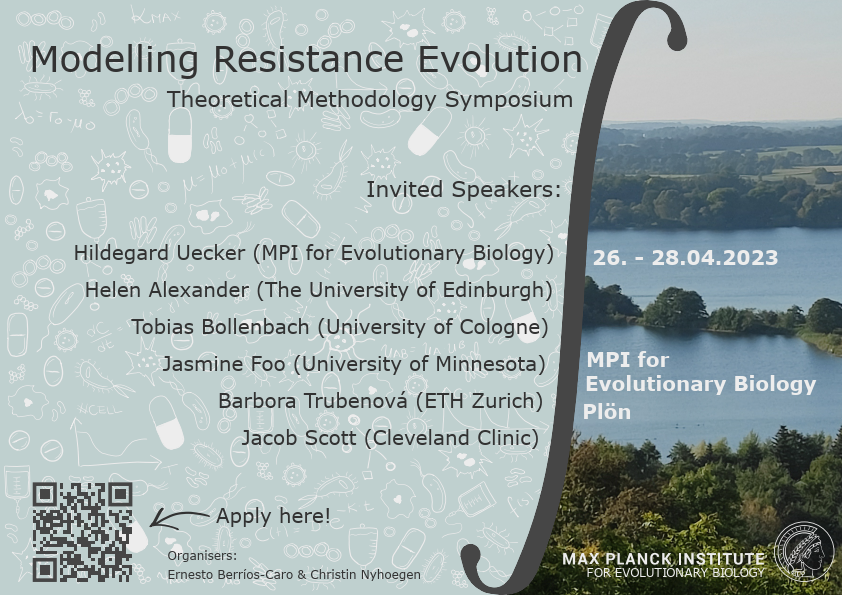Speaker
Description
Plasticity and Genetic Evolution
Mathematical models of cancer and bacterial evolution have generally stemmed from a gene-centric framework, assuming clonal evolution via acquisition of resistance-conferring mutations and selection of their corresponding subpopulations. More recently, the role of phenotypic plasticity has been recognized and models accounting for phenotypic switching between discrete states have been developed. However, seldom do models incorporate both plasticity and mutationally-driven resistance. In this talk, we will use evolutionary game theory, matrix population models, and integral projection models to develop a framework that can incorporate plastic and mutational mechanisms of acquiring resistance in a continuous/discrete and gradualistic fashion, respectively. We use this framework to examine ways in which populations can respond to stress (focusing on polyaneuploid cancer cells, neuroblastoma, and bacteria) and consider implications for therapeutic strategies. Although we primarily discuss our framework in the context of cancer and bacteria, it applies broadly to any system capable of evolving via plasticity and genetic evolution.

